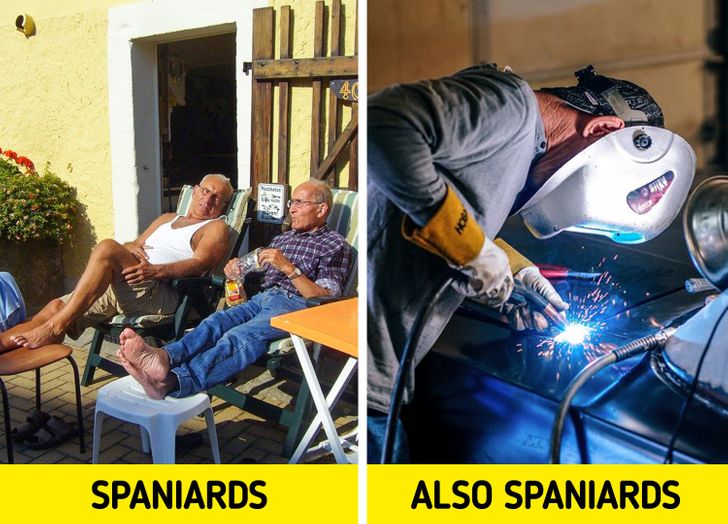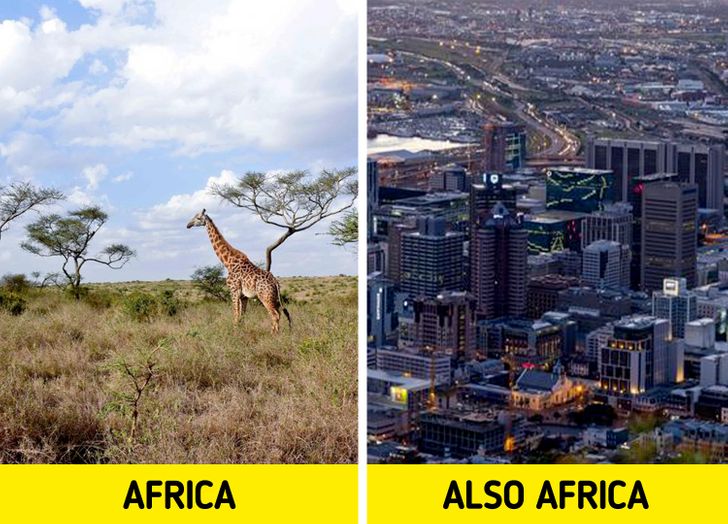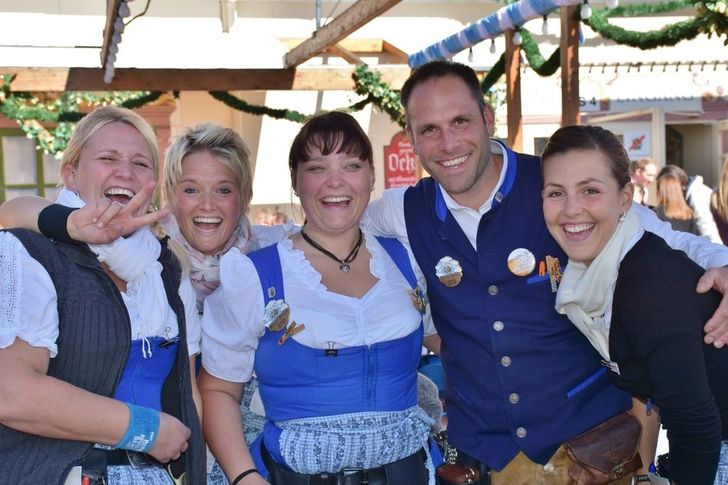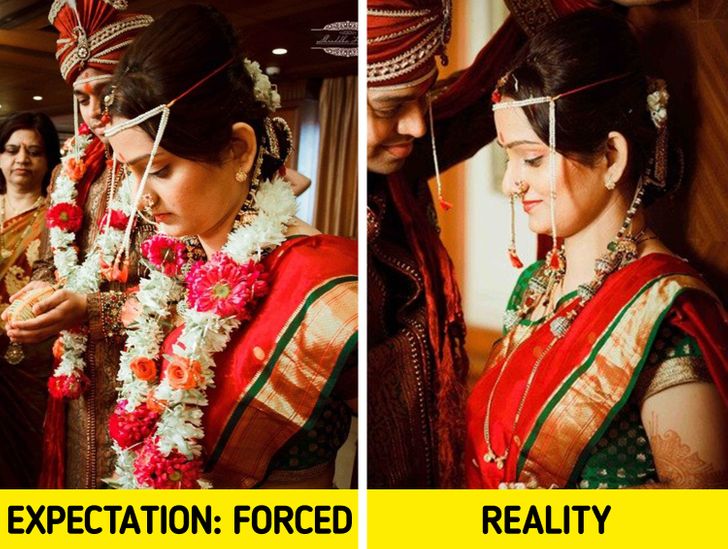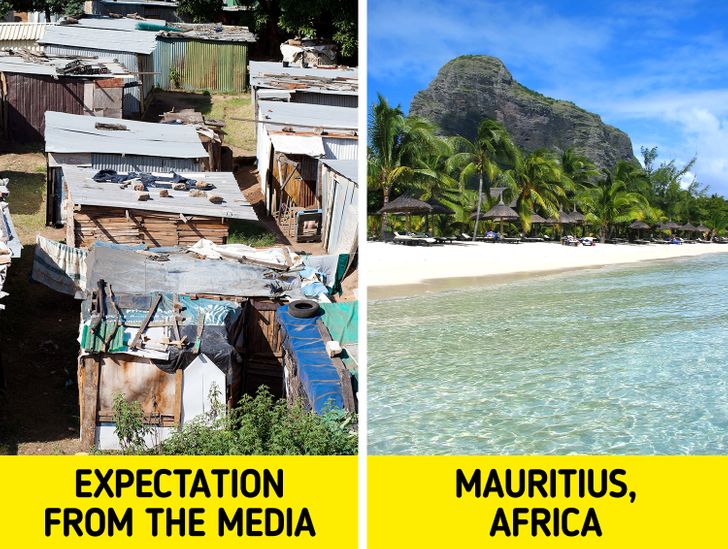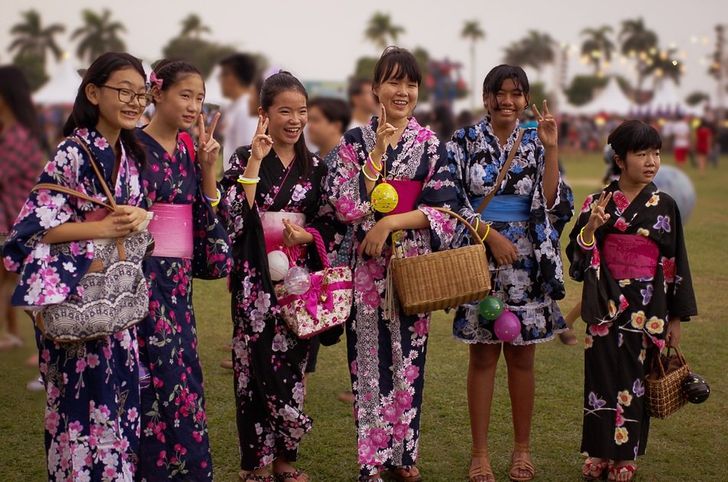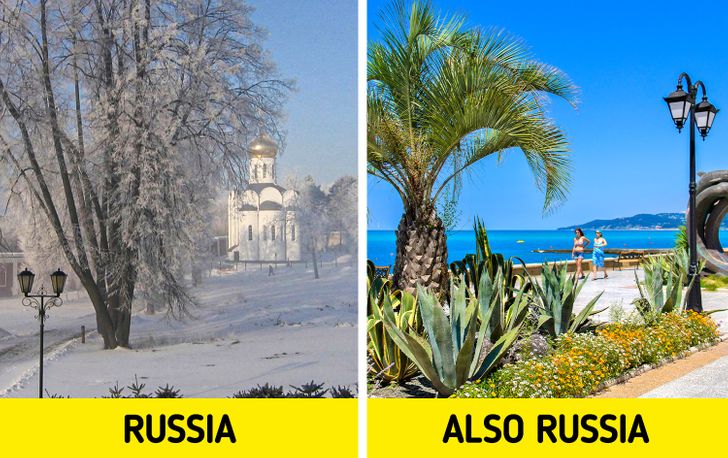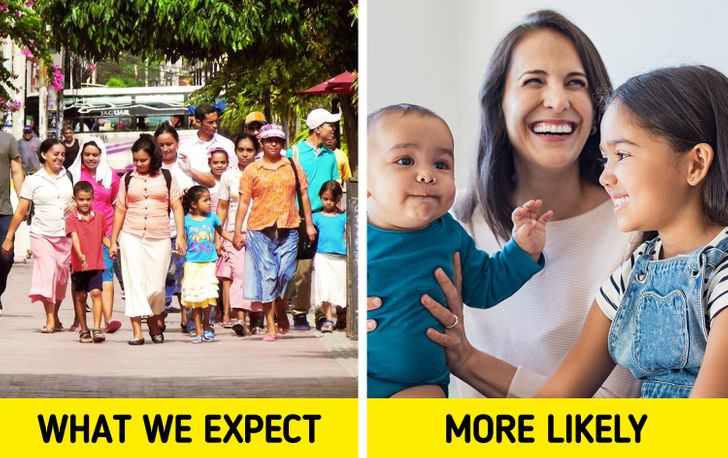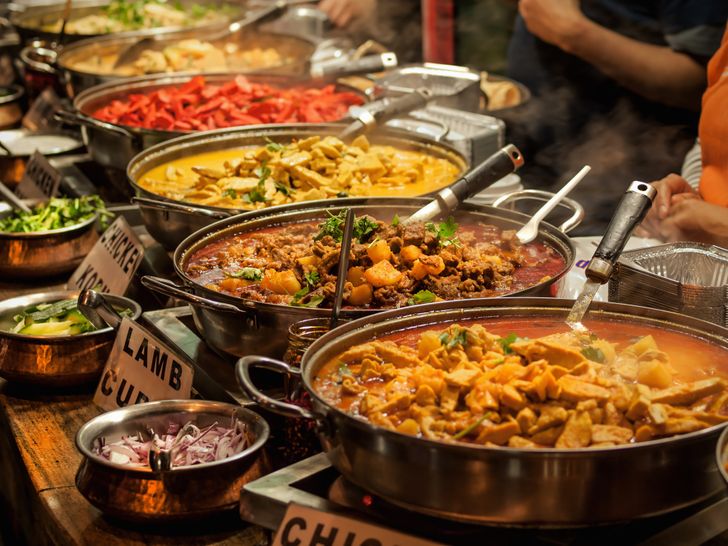What about my Country Pakistan? Always Bombing or with K2 and one of world's biggest Salt resource in khewra mine
14 Clichés About Countries That Are Far From the Truth
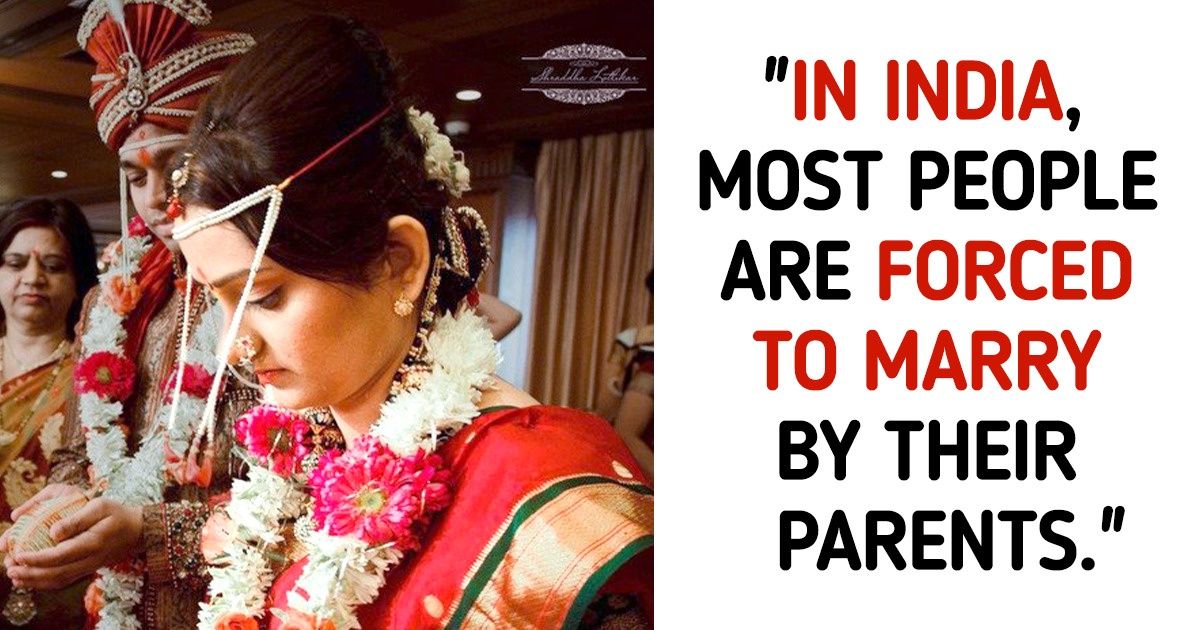
Researchers claim that the closer 2 countries are to each other, the more stereotypes they develop about one another. The fact that it seems as if we’ve acquired some sort of expectation about virtually every nation out there is probably telling how interconnected the world around us is. We hear those clichés so often that we eventually stop questioning them.
We at Bright Side decided to have a reality check for some of the most pervasive national stereotypes out there to see if there’s any truth in them.
1. “Everything is yellow in Mexico.”
This is something we come across time and time again when watching movies set in Mexico. Filmmakers love using color correction with a yellow tint to it to dramatize the landscape and make it appear hot and dry. However, in reality, Mexico is very diverse: in some parts, it’s actually desert-y, but there are luscious green forests, blue lakes, modern cities, and white sandy beaches.
2. “Canadians are overly polite and boring.”
To be fair, there seems to be some truth to the famous Canadian politeness or at least they tend to be optimistic in their speech. A study analyzed the words Americans and Canadians used in their posts on Twitter and found that in the US, this social network’s users preferred emotionally charged negative words, whereas their northern neighbors’ favorites were neutral or positive expressions.
As for being boring, this is likely to be caused by the fact that Canadian winters are long and harsh, so people don’t spend as much time outside as people do in some other countries. And while it is true that it is cold during the winter in Canada, the summers are warm and humid. What is more, Canadians like winter sports, especially hockey, and their national team is known as one of the best internationally.
3. “In Britain, people are crazy about soccer.”
Soccer (or football) is the most popular sport in the world and is played by more than 250 million people worldwide. With that, some countries are known for their love of this sport more than others, and the UK is certainly among the fanatics. Although according to statistics, Great Britain is far from leading here: the country took 17th place with just over half of the population being interested in soccer.
4. “Spaniards are lazy.”
This unfair stereotype is probably rooted in the Spanish tradition of taking a siesta. This short nap taken in the middle of the day is also common in the Middle East, China, and other regions where the temperature at this time of day is high. This doesn’t mean that the Spaniards work any less, though: their average labor hours are longer than in countries like Germany, the UK, and so on.
5. “Africa is all savanna or desert.”
When we think about Africa, most of us immediately imagine a savanna with zebras, lions, and giraffes, which is a great sight, and a unique one. However, this huge continent is so much more: from the awe-inspiring Victoria Falls to dense tropical rainforests, from the Nile, the longest river in the world to the Sahara, the largest hot desert on the planet — Africa is anything but unvaried.
6. “Americans only speak English.”
The US is a huge country with a heterogeneous population: in 2018, more than 67 million Americans (this makes up almost 22% of the world’s population) spoke a language other than English at home. Meanwhile, the amount of students who take a second language at school or college is decreasing, which might lead to a worsening of the situation in the future.
7. “Germans are distant and cold.”
You might have heard this pervasive stereotype being connected to many people living in cold and temperate climates, including Germany with its northerly latitudes. This might have an explanation: a study found that people who live in warmer climates are more likely to be outgoing. But this doesn’t mean that Germans are cold or not fun: look at the number of festivals and celebrations in this country!
8. “Most young people are forced to marry by their families in India.”
The ancient tradition of arranged marriage is still alive and well: around 75% of Indians preferred to be arranged by someone to tie the knot in 2013. This doesn’t mean, though, that the young people are forced into this or have no say in choosing their partner: a study found that the cases where the parents made the decision alone became rare: the opinion of the bride and groom are considered too.
The same study also established that young people don’t mind the tradition: they think that their parents have more wisdom, and are able to help with such an important choice.
9. “Africa is unsafe to visit.”
The portrait of Africa drawn by the media is often negative but on the second-largest continent of our planet, there are 54 different countries, some of which are actually not advised to visit; others though are totally suitable for that (once traveling, in general, is safe, of course). For example, Mauritius is in 28th place in the Global Peace Index, above countries like Spain, Italy, the UK, and many others.
10. “People in Japan are shy and quiet.”
To outsiders, Japanese culture often looks strange and hard to understand, but still, the stereotypes are well-established. In reality, the people of this country are, like everywhere, different. The reason why the Japanese might not be very eager to talk to foreigners may be the fact that not many people are good at speaking English: the country is #55 in the English proficiency global ranking.
11. “In Australia, you’re surrounded by dangerous animals all the time.”
The land of kangaroos has a bad rap, but not because of the adorable marsupial. Australia is home to lots of venomous snakes, jellyfish, spiders, etc. With that said, specialists emphasize that the number of cases of attacks by these animals matters, and here the country is far behind regions like Africa, Asia, and Latin America. Actually, horses seem to be more of a risk factor than snakes.
12. “In Russia, it’s cold throughout the year.”
It seems as if whenever this country appears in movies or on TV, you see the Red Square in Moscow getting buried under the snow no matter the season. This trope is so old that we are kind of used to it and don’t even consider that the biggest country by area has vastly different climate areas, from steppes in the south to tundra in the polar north.
13. “All Latin American families have multiple children.”
14. “In Asia, all food is spicy.”
The cuisine is a natural part of any culture, and a very exciting one to discover. Asia, being the most densely populated region, has a great variety of unique cooking styles and traditions, which is why limiting its description to “spicy” is simply unfair. In Chinese cuisine alone, there are 10 distinct schools with countless dishes, only one of which (Sichuan cuisine) is famous for being spicy.
What is the most popular stereotype about your country, and is it true?
Bright Side has its own podcasts now. Take cool articles with you and listen to new stories whenever and wherever you want.
Comments
yea, its not fair that all countries (mostly indians) still believe in that stupid stereotype
like dude, 2021, u still believe stereotypes?
also im indian too so im not trying to hate anyone or any country
Well, the UK has some crazy football fans that's for sure! We saw it at the EU championship
Most of these come from movies, and because people never went there to check if it's true or not, like Africa
Related Reads
I Refuse to Let My Brother’s Girlfriend Control My House—I Put a Stop to It Fast

15 Stories That Prove Repairmen Are Full of Surprises
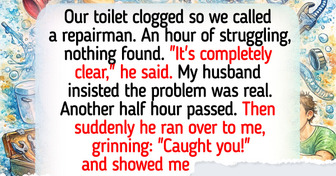
I Refuse to Let My Stepfather Replace My Late Dad at My Wedding

A Stranger Humiliated My Daughter at Disney World—He Picked the Wrong Mom to Mess With

I Lost My Job to “Restructuring” and My Severance Disappeared, Then I Turned the Tables

18 People Who Found Out That Small Acts of Kindness Are the Pathway to Happiness
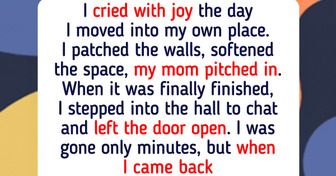
I Posted a Photo During Mental Health Leave—Then HR Called Me In

15 Moments That Prove Kindness Is the Thread Holding Life Together

15 Moments That Prove Kindness Holds Strong When Life Hits Hard
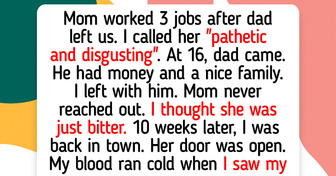
I Refuse to Return to the Office After My Coworker’s ‘Prank’ Revealed His Darkest Secret

I Refuse to Give My Retirement Savings to My Adult Son—I’m Not Responsible for His Failures
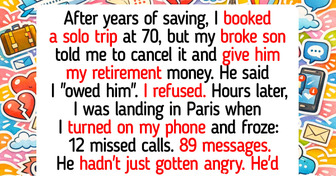
I Refused to Turn Our Romantic Trip Into a Family Vacation and Faced the Consequence




